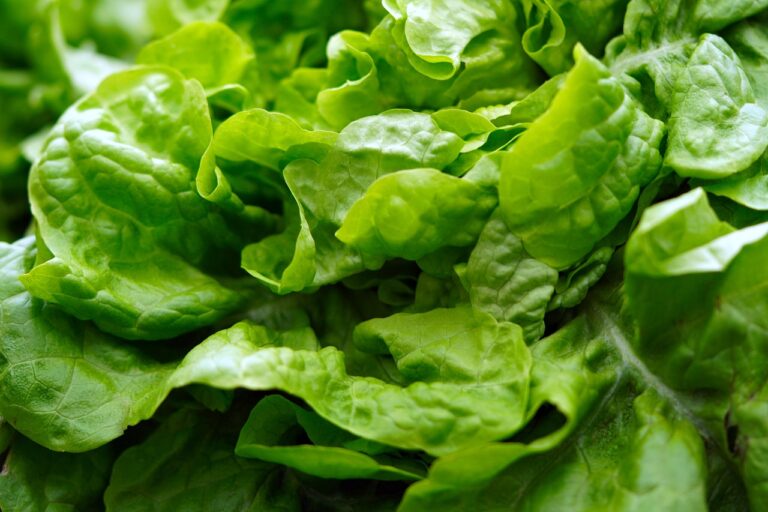Trends in Produce-Based Dietary Trends: Sky247, Gold365 login, Gold 365 site sign up
sky247, gold365 login, gold 365 site sign up: Trends in Produce-Based Dietary Trends
In recent years, there has been a noticeable shift towards plant-based diets among health-conscious individuals. With an increased awareness of the health benefits of fruits and vegetables, many people are embracing produce-based dietary trends as a way to improve their overall well-being. In this article, we’ll explore some of the latest trends in produce-based diets and why they are gaining popularity.
The Rise of Plant-Based Diets
One of the most significant trends in the world of nutrition is the rise of plant-based diets. Plant-based diets focus on consuming foods that come from plants, such as fruits, vegetables, whole grains, nuts, and seeds, while limiting or completely eliminating animal products. This shift towards plant-based eating is driven by a variety of factors, including concerns about the environmental impact of animal agriculture, ethical considerations surrounding animal welfare, and the growing body of research supporting the health benefits of a plant-based diet.
Flexitarianism
One of the most popular variations of plant-based diets is flexitarianism. Flexitarians primarily eat a plant-based diet but occasionally consume meat or other animal products. This flexible approach to eating allows individuals to enjoy the health benefits of a plant-based diet while still incorporating animal products on occasion. Flexitarianism has gained popularity due to its practicality and sustainability, making it an attractive option for many people looking to improve their health and reduce their environmental impact.
Farm-to-Table Movement
The farm-to-table movement has gained traction in recent years as consumers become more interested in where their food comes from and how it is produced. The farm-to-table movement emphasizes locally sourced, seasonal produce that is harvested at its peak freshness. By supporting local farmers and choosing produce that is grown sustainably, individuals can enjoy the freshest, most nutritious fruits and vegetables while reducing their carbon footprint.
Organic and Non-GMO
Another significant trend in produce-based dietary trends is the increased demand for organic and non-GMO products. Organic produce is grown without synthetic pesticides, herbicides, or fertilizers, making it a popular choice for those looking to reduce their exposure to harmful chemicals. Non-GMO products are not genetically modified, providing consumers with peace of mind that their food has not been altered in a lab. By choosing organic and non-GMO produce, individuals can support sustainable farming practices and prioritize their health and well-being.
Superfoods
Superfoods are nutrient-dense foods that are particularly beneficial for health and well-being. These foods are often rich in vitamins, minerals, antioxidants, and other essential nutrients that can help boost immunity, improve digestion, and enhance overall health. Some popular superfoods include berries, leafy greens, nuts, seeds, and legumes. By incorporating these powerhouse foods into their diets, individuals can fuel their bodies with essential nutrients and support optimal health.
Plant-Based Proteins
As more people adopt plant-based diets, there is a growing demand for plant-based protein options. Plant-based proteins, such as beans, lentils, chickpeas, quinoa, tofu, and tempeh, are rich in protein and deliver all of the essential amino acids needed for a balanced diet. These protein sources are also high in fiber, vitamins, and minerals, making them a healthy and sustainable alternative to animal-based proteins. By incorporating plant-based proteins into their diets, individuals can meet their nutritional needs while reducing their consumption of animal products.
FAQs
Q: Are plant-based diets suitable for everyone?
A: Plant-based diets can be suitable for individuals of all ages, including children, pregnant women, and athletes. It’s essential to ensure that you are consuming a variety of whole foods to meet your nutritional needs.
Q: How can I get enough protein on a plant-based diet?
A: There are plenty of plant-based protein sources, such as beans, lentils, nuts, seeds, tofu, and tempeh, that can help you meet your protein needs. Opting for a variety of protein-rich plant foods can ensure that you are getting all of the essential amino acids your body needs.
Q: What are some tips for transitioning to a plant-based diet?
A: Start by gradually incorporating more fruits, vegetables, whole grains, and legumes into your meals. Experiment with new plant-based recipes, and consider seeking guidance from a nutritionist or dietitian to ensure that you are meeting your nutritional needs.
Q: Are organic and non-GMO products worth the extra cost?
A: While organic and non-GMO products may be more expensive, many people believe that the health and environmental benefits outweigh the cost. Choosing organic and non-GMO products can help you reduce your exposure to chemicals and support sustainable farming practices.
In conclusion, the trends in produce-based dietary trends are reflective of a growing interest in health, sustainability, and ethical food choices. By embracing plant-based diets, supporting local farmers, choosing organic and non-GMO products, incorporating superfoods, and opting for plant-based proteins, individuals can improve their health and well-being while reducing their impact on the environment. Whether you’re a seasoned vegan or just starting to dip your toes into plant-based eating, there are plenty of delicious and nutritious options to explore on your journey towards a more plant-centered diet.







